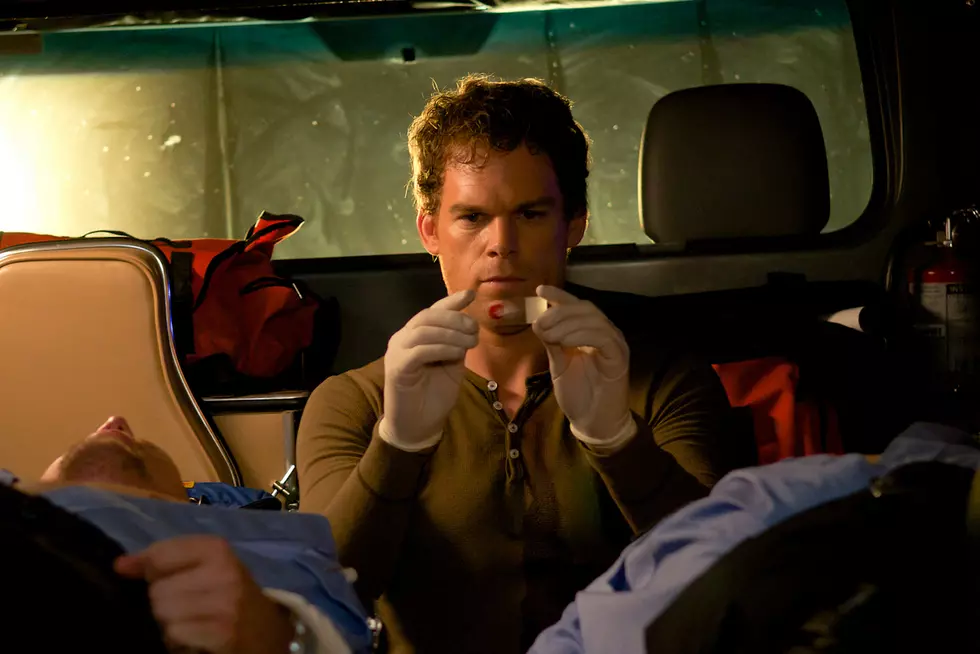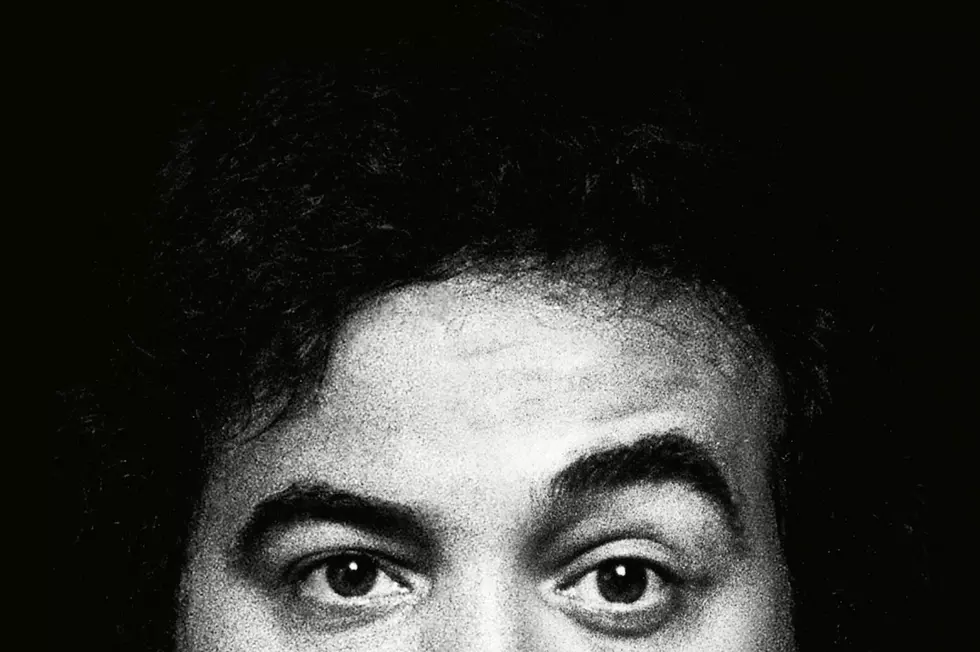
‘Homeland’ Review: “Gerontion”
'Homeland' continues to pick up steam tonight in the all-new episode "Gerontion," as Saul reveals his true intentions in taking Javadi into custody, making what could be the most risky decision of his entire career. Meanwhile, Carrie and Quinn try to keep local police off their trail after the bodies of Javadi's ex-wife and daughter-in-law are discovered.
The title "Gerontion" refers to a TS Eliot poem of the same name, which is written in monologue by an elderly man who describes Europe following World War I. The poem was written in a time when new forms and systems of government were coming in to replace the ways of old -- the elderly man in the poem has so much wisdom, but what does that wisdom count for as the world changes around him? The same could be asked of Saul, who, like the narrator of "Gerontion," is an older man still clinging to old ideals and tactics. Back in the day, Saul and Javadi were idealists, just biding their time for the right moment to make a major change in the world. While Javadi's ideals crumbled and he became an extremist (who views himself as a pragmatist, above all), Saul still clung to his hope and remained patient.
And now Saul believes he has arrived at the moment he's been waiting for all his life. It seems that punch he threw at Javadi last week was the final exhalation of the gruff, singularly-driven, uptight Saul we've seen all season, and now our old Saul has returned. But can things ever really be the same after all he's done?
Similar questions are asked when local police detectives interrogate Quinn over the murders of Javadi's ex-wife and daughter-in-law; namely, is the CIA doing more harm than good, and is the damage they've done worth the good they're fighting for? It's a question that's permeated the show from the beginning, but here it's asked point blank, from one character to another. Some of the episode's dialogue spins in circles (particularly with Javadi, who's fond of offering maybes), but moments like this one between Quinn and the detectives, and the confrontation between Saul and Lockhart are engaging character moments that ask these people who they really are when it all comes down to it.
Quinn is a good guy, and he's not so sure that the lives of a few civilians are worth the CIA's ongoing attempts at infiltrating and bringing down the terrorist regime in the middle east. Quinn was the last person I expected to be the moral center of this show, but his moment is cut off when Carrie convinces him to stick around for a while longer -- after learning from Javadi that his lawyer knows who placed the bomb at Langley, Carrie is out to prove Brody's innocence once and for all. But what good could that possibly do? His name has been outed internationally as a terrorist, and even if he didn't plant the bomb in front of Langley, he still almost wiped out the Vice President and a bunker full of government employees with a suicide vest. Or has Carrie chosen to forget?
It also helps this week that the Brody family sits things out, allowing the episode to focus on Saul's plan to send Javadi back to Iran as an intelligence asset, blackmailing him with his theft of Iranian revolutionary funds -- should his people be tipped off to the money he stole, he'll be executed; Saul's got him backed into a corner.
But the greatest moment this week, without a doubt, is watching as Saul tells Lockhart and Dar Adal about his plan, and how he and Carrie orchestrated this entire plot to lure and capture Javadi, turning him into an asset. Lockhart reminds Saul that cold war tactics no longer work, and you can't just turn enemies into allies, but Saul firmly clings to his hope that there can be a change of tide. If Javadi is imprisoned, he'll simply be replaced by someone else, and the cycle continues -- but here they have a chance to really gain some intelligence and make a change. It's a risk Saul's willing to take in the name of national security, but more aptly, in the name of peace. When it comes down to it, Saul's still that young idealist with a head full of hope and dreams of peace.
That's not the greatest moment of the episode, though -- that moment comes after, when it's clear that Dar is siding with Saul on this one, and the two of them lock Lockhart in a conference room as he attempts to call the President and tattle on Saul. Watching them argue is, really, like watching two siblings arguing over how to properly clean up the mess they made in the house while their parents were away. And when Lockhart says he's going to call the President, it's like a kid saying, "I'm gonna tell Dad!"
Runner-up for great moments this week: F. Murray Abraham saying "f--- monkey."
Also: Carrie is still pregnant, and in case you forgot, she vomits at a crime scene. While I don't think this is a plot element that should be hanging over the entire show, it needs to be dealt with, and I'm still curious as to why the writers think a pregnancy is so necessary to Carrie's narrative.
More From ScreenCrush









